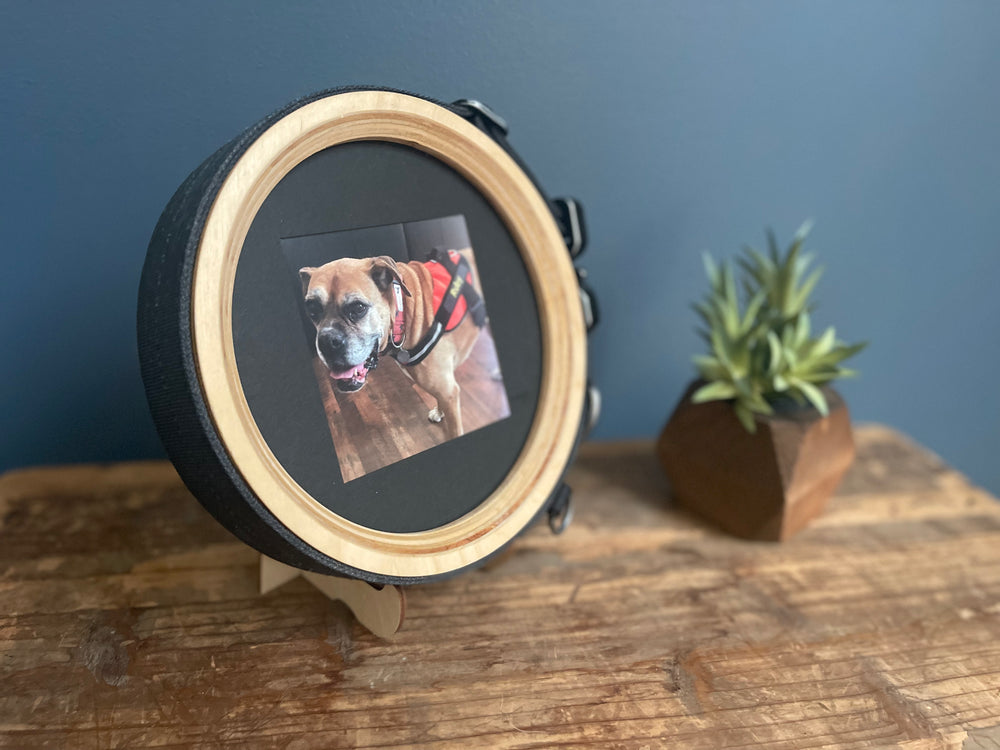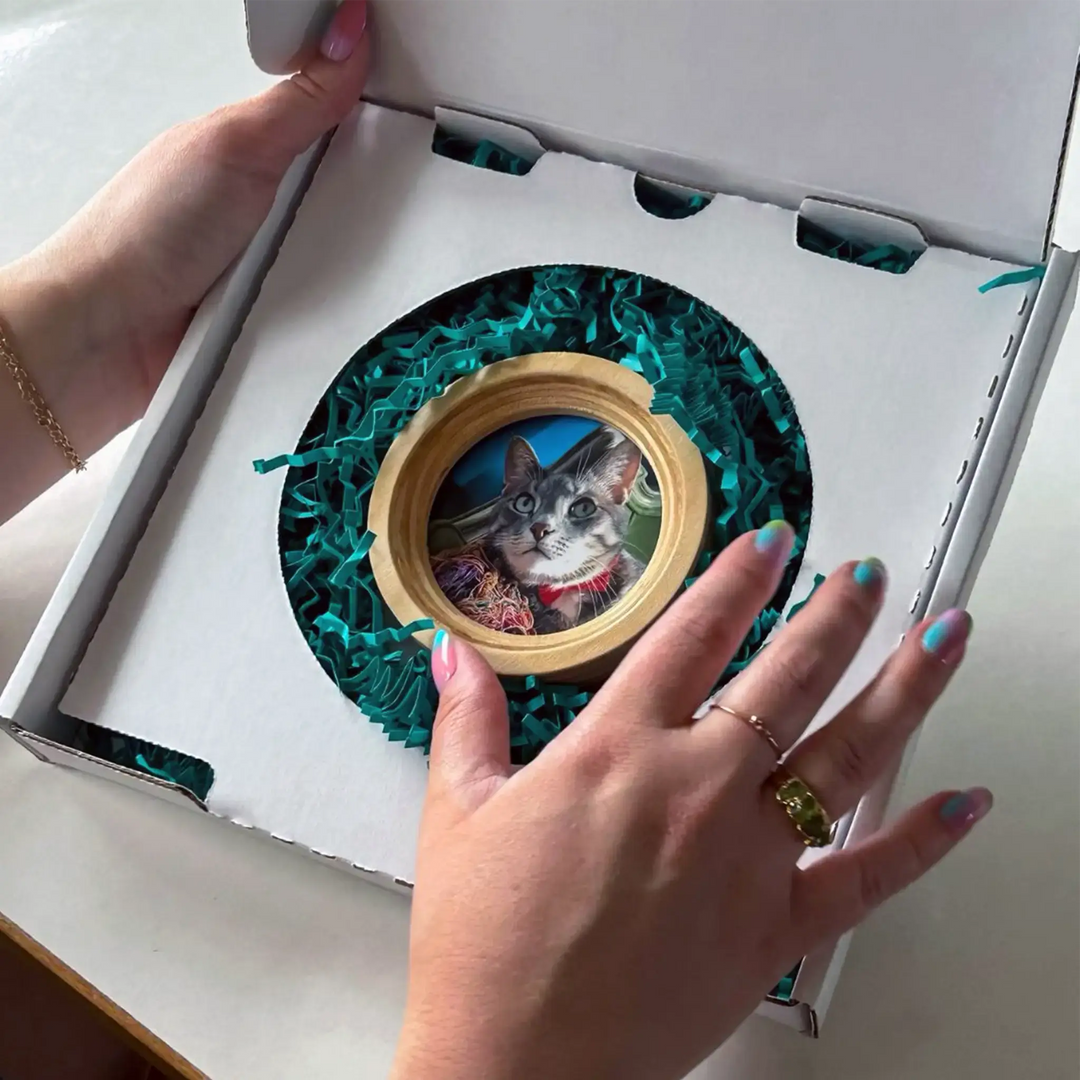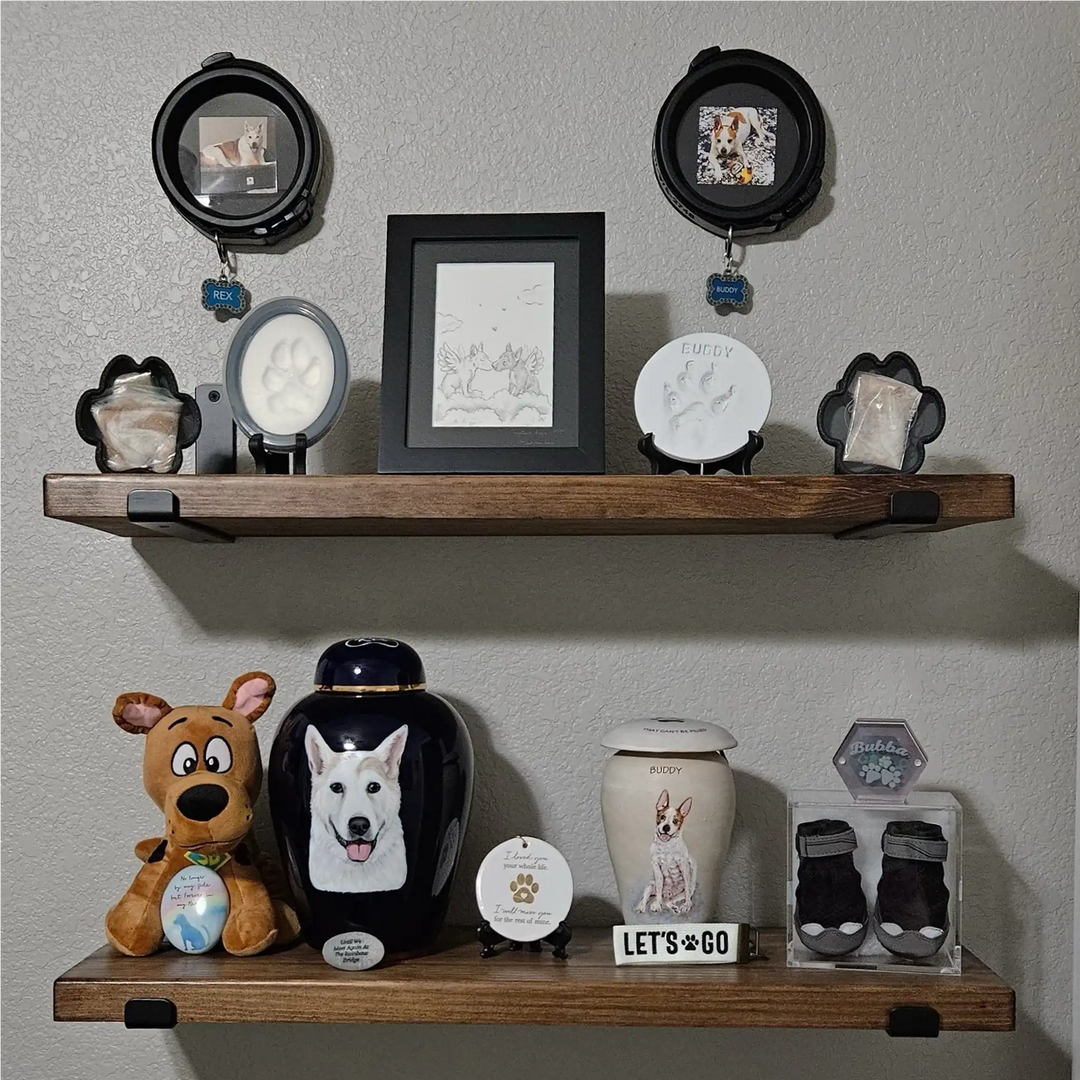Coping with Pet Loss
Losing a pet can be an emotionally challenging experience, and it's important to understand the grief and mourning process that often follows. Here are some key ideas to keep in mind when trying to understand the experience of pet loss:
Grief is a natural response to loss: Just like losing a human loved one, the loss of a pet can trigger a range of emotional responses, including sadness, anger, denial, and guilt. It's important to remember that these responses are a natural part of the grieving process and that there is no "right" or "wrong" way to feel after losing a pet.
Everyone experiences grief differently: Grief is a highly personal experience, and everyone copes with it in their way. Some people may find solace in talking about their pet and sharing memories with loved ones, while others may prefer to grieve in private. It's important to honor your unique way of coping with pet loss and not compare your grief to others.
There is no set timeline for grief: Grief is a process that unfolds differently for each individual. Some people may feel intense emotions immediately after their pet's death, while others may not feel the full impact of their loss until weeks or even months later. There is no set timeline for grief, and it's essential to give yourself the time and space you need to heal.
Self-care is crucial during the grieving process: Coping with pet loss can be emotionally and physically draining, so it's essential to prioritize self-care during the grieving process. This may include getting enough rest, eating healthily, and engaging in activities that bring you comfort or joy.
Support can be a crucial source of comfort: Whether it's talking to a friend or loved one, joining a support group for pet owners who have experienced loss, or seeking out the help of a professional counselor or therapist, support can be a crucial source of comfort during the grieving process. It can help to talk to someone who understands the depth of your emotions and can offer guidance and support as you navigate the grieving process.
In summary, understanding grief and the mourning process after losing a pet involves recognizing that grief is a natural response to loss, that everyone experiences it differently, and that there is no set timeline for the healing process. Prioritizing self-care and seeking out support can be helpful in coping with the intense emotions that often come with pet loss.
The content on this blog is not to be taken as advice. All information posted is for informational and educational purposes. It is not intended as a substitute for professional advice. Whisker & Fang management and staff are not responsible for how the information found here is used. If you need help, please seek professional counsel from a mental health professional.






Leave a comment